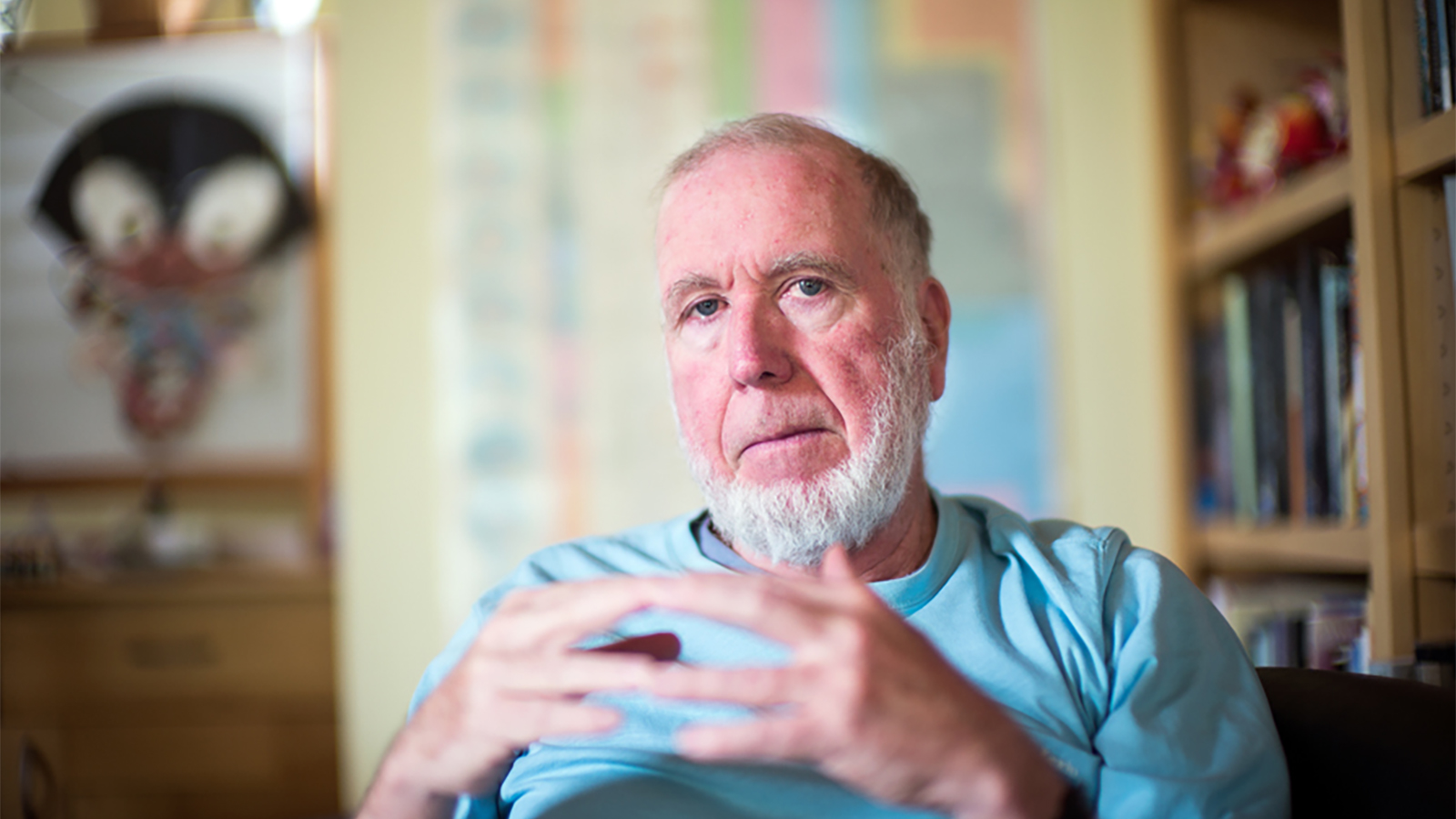The Moral Foundations of Personal Evolution

So I’ve said before evolution is getting more personal. I’m now going to say a few things about the personal point of view of our time. I’m just trying to lay out the facts as I see them among sophisticated Americans. Like about most social trends, the reasonable conclusion might be that things are getting better and worse.
We now seem to know of no higher standard than securing the being of the persons alive right now. We’re now clear that we have no right to say more in public than all persons have human dignity and human rights, and the point of life is to sustain them in their personal identities as long as possible. That means, of course, that they have the duty to what they can to sustain themselves, to protect themselves as well of possible from all the “risk factors” that surround them. In that sense, we’re more pro-life than ever.
The most obvious positive effect of technological progress–combined with personal freedom–is the extension of the average life to near 80. There has always been occasional exceptions among members of our species to the natural rule of reproduce (spread one’s genes), raise one’s children, and soon thereafter die.
What’s new is the average person now has a new birth of freedom, a generation or really more when his or her kids are grown and he or she is finally on his own. This fact seems to confound the evolutionary theorists. This long period of postmenopausal flourishing among our females, for example, simply does not exist among the other mammals.
What we have here, in truth, is a real technological victory over nature. It’s a very limited victory–so far the oldest of the old are no older than they were in the past and hardly anyone reaches three digits in age–but real nonetheless. And we have the new biotechnological hope that some combination of genetic manipulation, regenerative medicine (which promises to either to fix up or generate replacements for our key bodily organs) and perhaps nanotechnology will finally start to move persons in the direction of indefinite longevity.
We have the hope, in other words, that we can really change our natures in ways that keep us from being so defined by time and death. There are some who say that the first person to live to be a thousand or even much longer is alive today. (It’s as certain as certain can be that it’s not me.) I don’t buy the extreme claims of the “singularity” guys, but I can’t say for sure that indefinite longevity won’t eventually become a possibility for us.
There’s actually, of course, two new facts that make the population of the most technologically advanced countries older than ever. Not only are people living longer, they’re having fewer children. And it’s pretty much the case that the countries that have most longevity have the least fertility.
Persons, we might say, are tending to do what they can to choose not to be replaced. They’re often failing to do their duties to the species or for that matter to their country (the birth dearth is arguably a growing national security problem in some European countries and maybe Japan). Persons are having more and more trouble thinking of themselves as parts of anything greater or larger than themselves.
The average American is getting older too, although we stand out in still doing our duty in generating sufficient personal replacements.. But if you take out first-generation immigrants and observant religious believers, our birth rate is the same of the France that may be gradually fading away.
So one result of our diminishing personal concern about extending one’s own personal being toward others through love or beyond one’s own biological demise is an emphatically moral–or very judgmental–focus on personal health and safety. Unprecedented personal longevity and personal security depend upon ME taking maximum personal responsibility for keeping myself around.
The emerging medical and other technical means for achieving those goals are worthless unless I really use them. I have to be determined to apply them in my own case. It’s irresponsible for not to act on what I can know when it comes to diet, exercise, supplements, drugs, safe sex, and so forth.
More than ever, we blame people who die young for their irresponsibility. We’re much less accepting of the thought than death is the intention of nature or God’s will or just bad luck. We’re getting past the romantic thought that only the good die young. We now think we can see that it’s the case more often than not that it’s the stupid and self-indulgent who die young.
We can even appreciate that our separation of sex from reproduction–which, we can imagine, will eventually become perfect through biotechnological progress–is much more pro-life than it first seems. It’s first of all about keeping me alive, but its general intention is to keep everyone around at any particular time alive as long as possible.
Now it’s still true that we still use abortion for eugenics. We’re getting almost perfect in inducing moms to choose against defective models–such as babies with Down syndrome. And we still let women choose abortion when their personal virtue or contraception fails them. But anyone with eyes to see can be pretty optimistic that the era of abortion, at least or especially eugenic abortion, is coming to an end.
One of our real goals, after all, is to make sex perfectly safe. Another is to fix the defective fetuses in the womb or, even better, to be very careful about only implanting embryos that have been certified defect-free. The perceived need for abortion, it seems, is destined to wither away.
It goes without saying that any presentation of a “moral foundation” is bound to be somewhat exaggerated. All good exaggerations are meant to highlight the truth.





